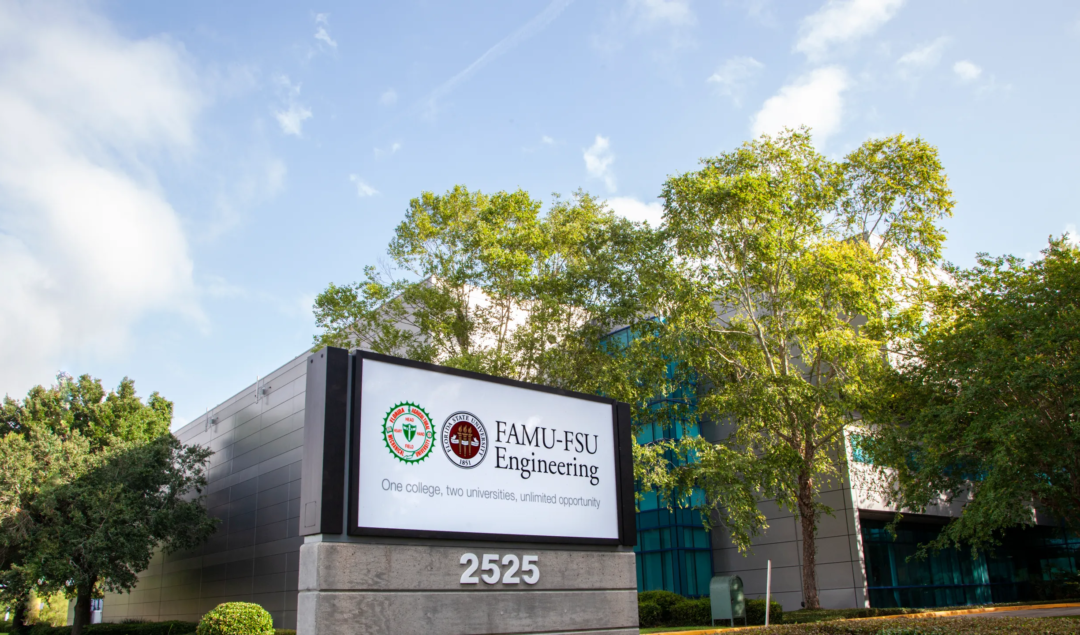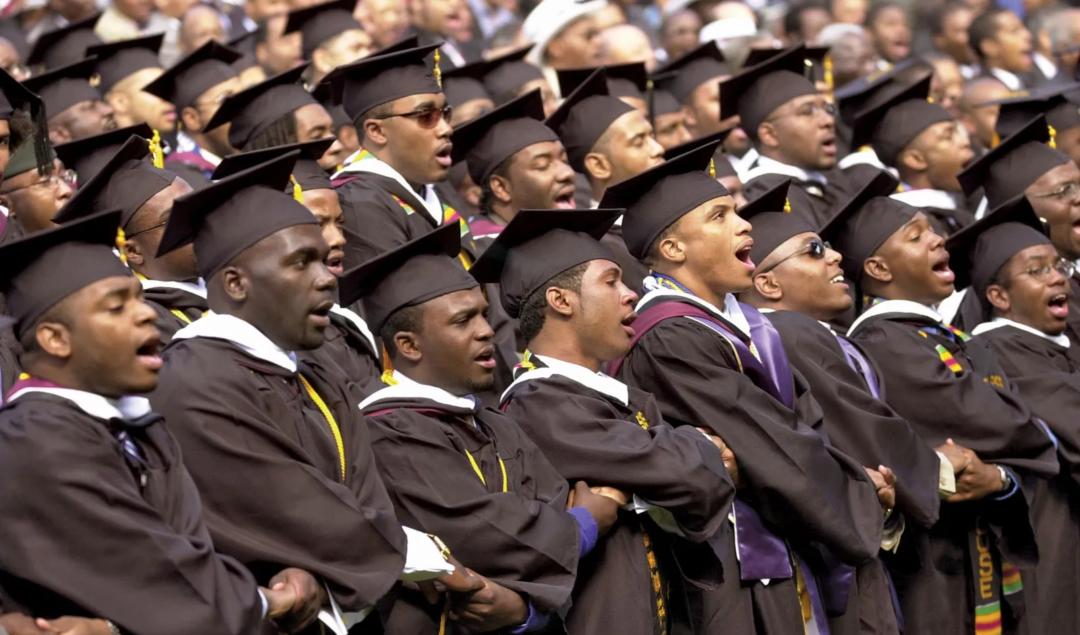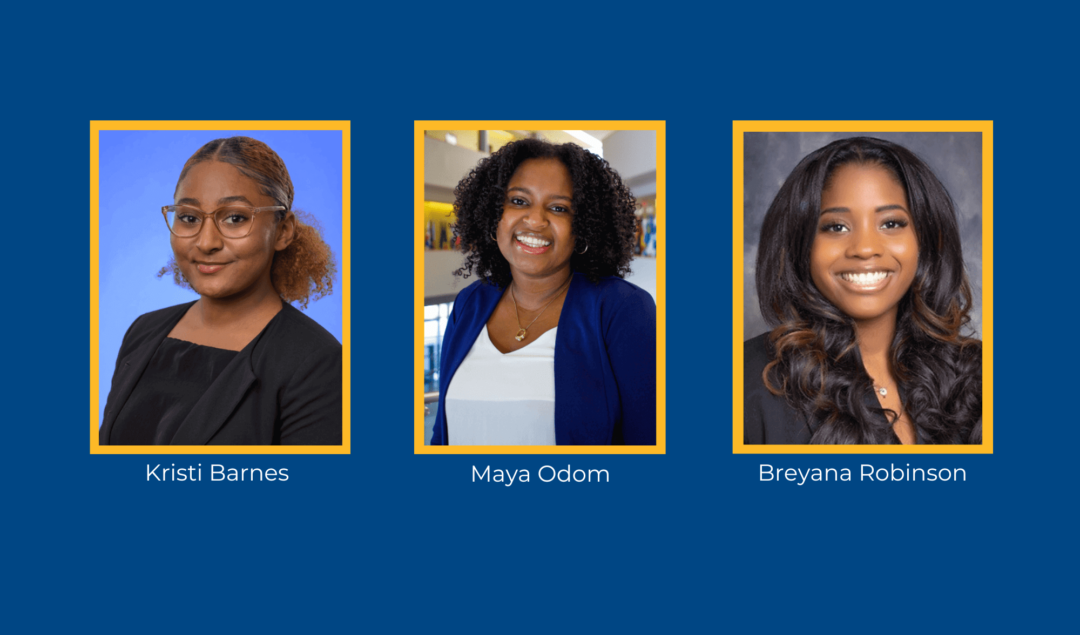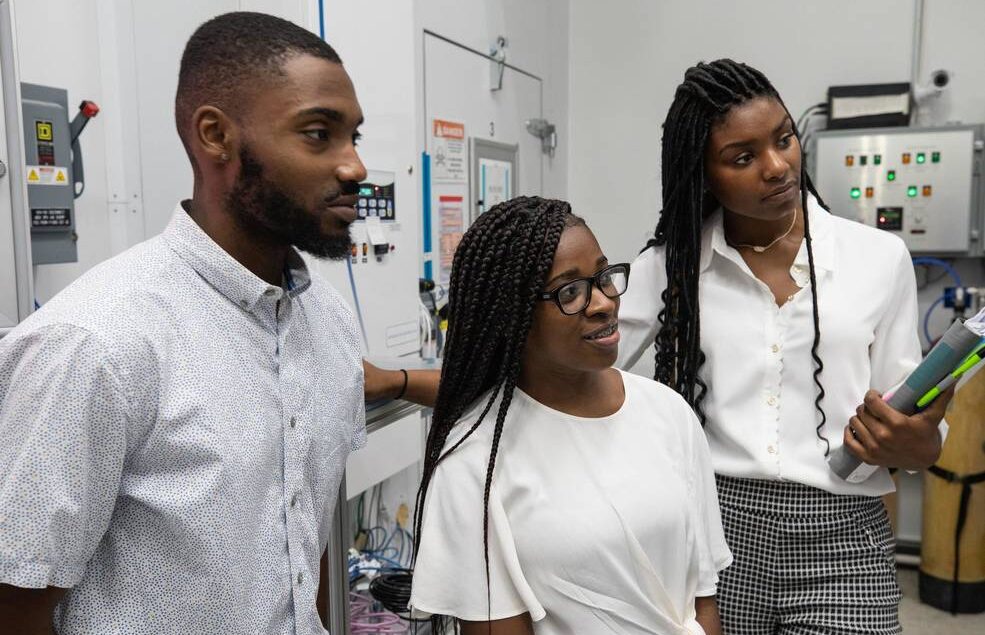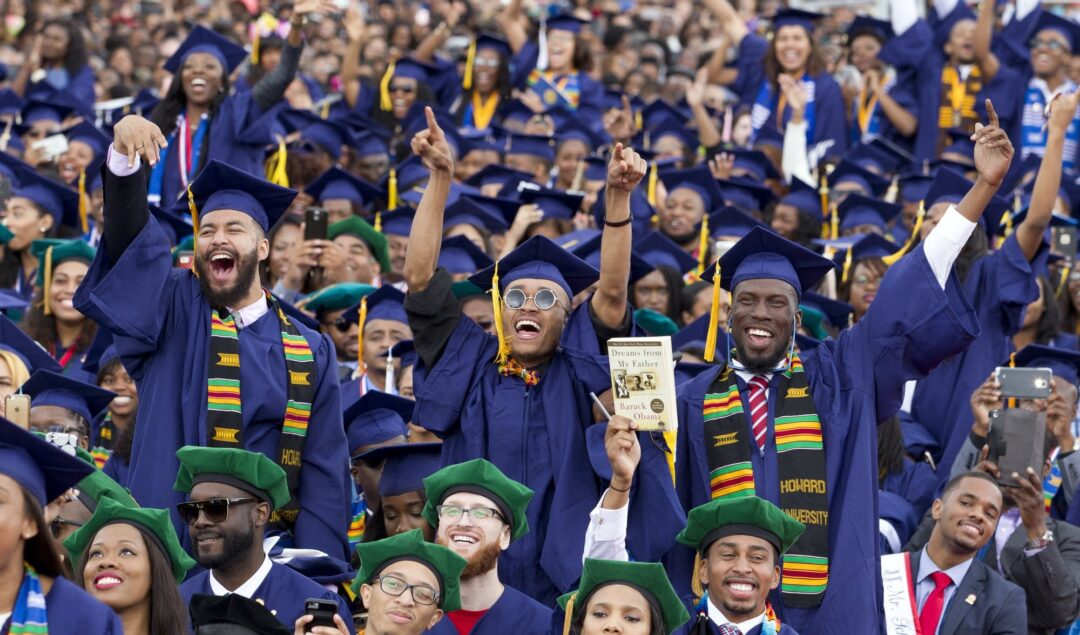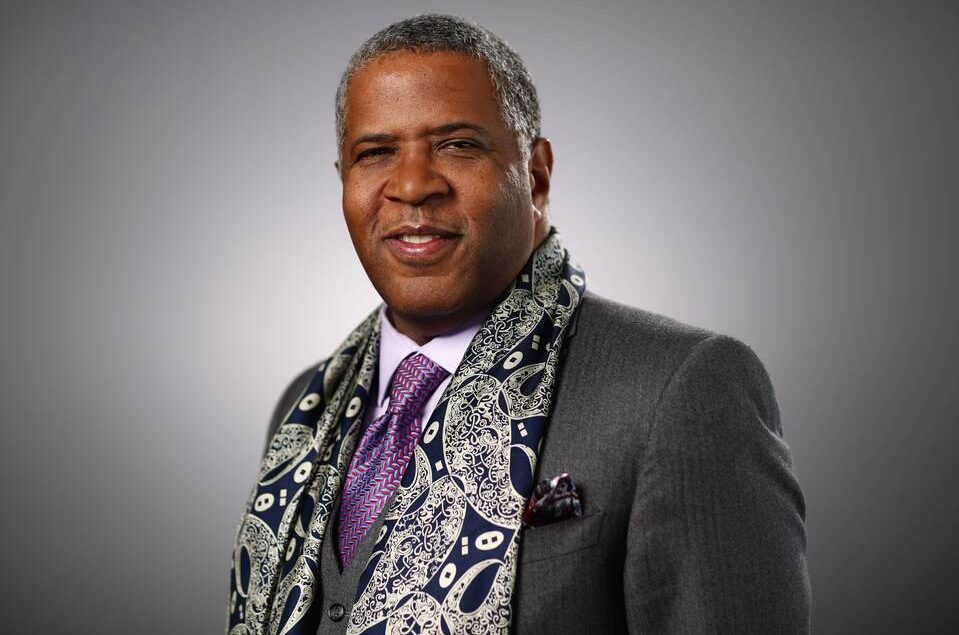Florida A&M University (FAMU) will expand its academic offerings with the addition of new graduate degrees in aerospace engineering beginning in fall 2025. This move, as reported by the Tallahassee Democrat, includes a master’s and a PhD program through the FAMU’s joint college with Florida State University (FSU). The FAMU-FSU College of Engineering The FAMU-FSU College of Engineering, situated in Innovation Park, is the only shared engineering school in the nation. Currently, it offers an Aerodynamics Certificate through an online graduate certificate program. The introduction of the aerospace engineering graduate
Leading software company Sage has contributed $100,000 to Morehouse College, supporting a new course for the next generation of Black tech entrepreneurs. Cultivating Future Leaders through Micropreneurship Morehouse College, the nation’s only historically Black liberal arts institution for men, and Sage have joined together to address the underrepresentation of Black professionals in technology. With only 8% of tech workers and 3% of executives being Black, this new course will commence in Fall 2024 to help change the statistics. The 15-week Micropreneurship course, funded by a $100,000 donation from Sage, is designed to immerse students in
Three students at North Carolina Agricultural and Technical State University (N.C. A&T) have been named 2023 Astronaut Scholars, marking a historic moment for historically Black colleges and universities (HBCUs). A Historical Moment For HBCUs The Astronaut Scholarship was founded in 1984 by the surviving members of the Mercury 7 crew members. It stands as one of the nation’s most prominent scholarships for students pursuing STEM degrees. N.C. A&T is the first HBCU to have more than one Astronaut Scholarship recipient in a year, a significant milestone in promoting diversity in STEM fields. The scholarships,
A new content series puts HBCU students in conversation with actor Lance Gross, The Lip Bar founder Melissa Butler, and Kimberly Bryant. The three-part series, The Futurist, results from a collaboration between One Solution, Urban One’s branded solution division, and AT&T Dream In Black. AT&T Dream In Black is a platform that recognizes and celebrates an esteemed class of 25 HBCU students making a difference in their community and campus. “The Futurist” The Futurist is a three-part series that pairs HBCU students in Science, Technology, Engineering and Mathematics (STEM) and
NASA has announced plans to award eight HBCUs $11.7 million through its Data Science Equity, Access, and Priority in Research and Education (DEAP) opportunity. The selected HBCU institutions will be picked by the Minority University Research and Education Project (MUREP) and the Science Mission Directorate, who will work alongside NASA to launch the DEAP opportunity. “The increasing use of data science at NASA and beyond really drives home the need for a future workforce with data science knowledge,” said Mike Kincaid, associate administrator of NASA’s Office of STEM Engagement. “With our newest collaboration, NASA
Technology giant, Cisco, has made a $5 million commitment to the Black Economic Alliance (BEA) to support the next generation of Black entrepreneurs at HBCUs in the Atlanta area. Approximately $3 million will go towards expanding the Center for Black Entrepreneurship‘s (CBE) programming at Spelman and Morehouse Colleges, as well as developing graduate programming at Clark Atlanta University. An additional $1 million will provide high-quality products and services to the three institutions, which will “will help close the racial technology gap.” A further $1 million will be donated to the
New research by The Plug has revealed nearly 12% of Fortune 500 companies have at least one Black board member who is an alumnus of an HBCU college. The figures released earlier this week highlight the significant role HBCU colleges play in reducing the racial wealth gap and providing more opportunities for Black scholars to excel in their chosen careers. Despite HBCUs making up 3% of colleges and universities in the U.S., it continues to outperform non-HBCU institutions when retaining and graduating first-generation, low-income students. According to the National Science Foundation, almost 18% of Black
Billionaire philanthropist Robert F. Smith recently announced the launch of the Student Freedom Initiative, a program designed to provide paid internships to HBCU students. Robert F. Smith will launch the Student Freedom Initiative’s HELPS Program in partnership with financial regulation company Prudential Finance. The partnership will address Black students’ disproportionate financial loan burden, which often hinders their career progression. The program aims to provide science, technology, engineering, and mathematics (STEM) HBCU students with $1.8 million in microgrants, which will act as a contingent fund alongside their traditional college loans. Robert F. Smith, famously known

